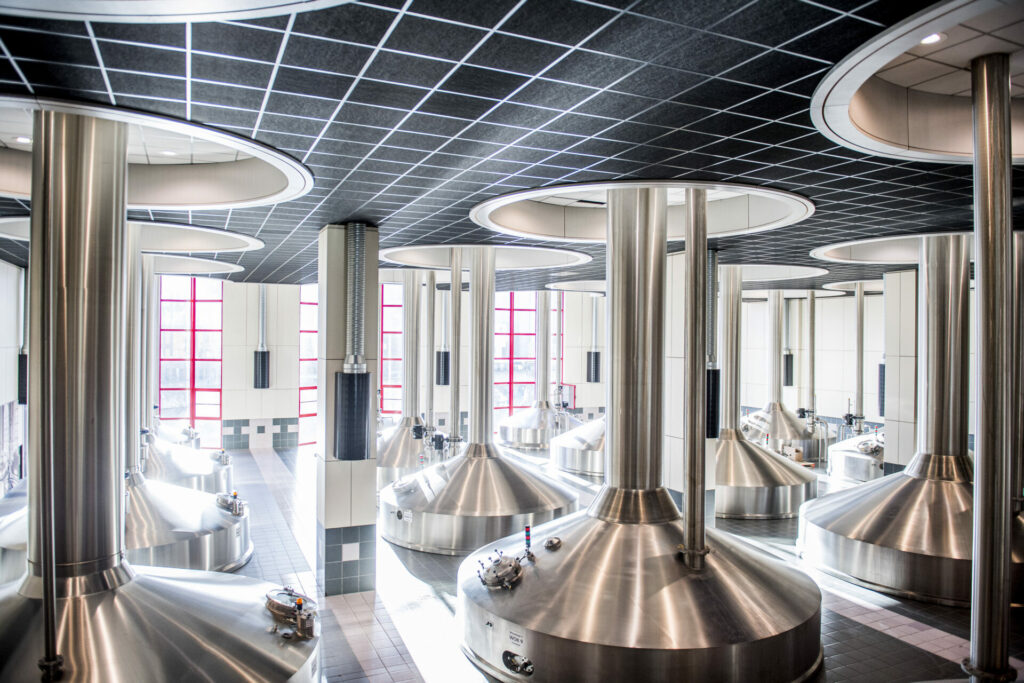As surprising as it may seem, the remains of the brewing process can be used to extract a protein yeast. Not only does this concept – developed by the French start-up Yeasty – make it possible to give a second life to a material that usually ends up in the trash, but it could also eventually be used to make vegetable recipes healthier.
Yeasty is researching the possibility of using the waste yeast found at the bottom of brewers’ vats to make flour.
This transformation could be particularly interesting from a nutritional point of view since this by-product contains between 50 and 60% protein, but also essential amino acids and nearly 20% fibre.
Yeasty has managed to raise €1.4 million to fund its project and plans to use its new star ingredient in plant-based alternatives to meat, supplements used in athletes’ diets, and even as an ingredient in vegan eggs and cheeses.
The concept has two major advantages: not only is the carbon footprint of breweries reduced by upcycling the brewer's yeast, but it also provides a healthier protein base for consumers.
Related News
- Vietnam-based brewery swaps mass-produced brews for Belgian craft beer
- AB InBev looks to enter food industry with protein innovations
This is not the first time that the brewing world has inspired a circular economy. Various start-ups have built their business on the reuse of spent grains, and residues from the brewing of cereals.
Possibly the most famous use of waste yeast from brewing is the manufacture of British Marmite and Australian Vegemite, which uses yeast extract from the beer brewing process to create a salty (and often acquired taste) spread. In 2016, around 11.6 million jars of Marmite were sold internationally.
In Hauts-de-France, the small company Happy Drêche recycles them into aperitif biscuits. In Ile-de-France, Ramen tes Drêches uses them as a basis for making Japanese noodles

